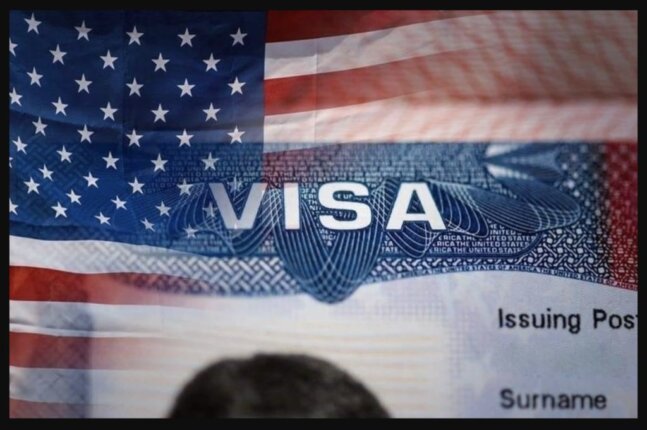US ends visa drop-box system, stricter rules to impact students, workers, and travelers
WASHINGTON: The United States has officially ended the visa ‘drop-box’ system, also known as the Interview Waiver Program (IWP), for non-immigrant applicants from 57 countries, tightening scrutiny for renewals and increasing travel costs for students, professionals, and tourists.
What was the drop-box system?
The facility allowed eligible applicants to renew visas by submitting documents at Visa Application Centres (VACs) without appearing for an in-person interview. It was particularly popular among visitors, international students, and skilled workers.
What changed on September 2?
The U.S. State Department announced that interview waivers are no longer available for applicants from countries including Afghanistan, Bhutan, Cuba, Egypt, Haiti, Iran, Myanmar, Venezuela, and Zimbabwe. From now on, all non-immigrant visa applicants—whether for study, work, or tourism—must appear in person at U.S. embassies or consulates.
Who loses waiver privileges?
Earlier exemptions applied to:
-
Children under 14 and adults over 79.
-
Skilled worker visas (H-1B), intra-company transfers (L-1), student visas (F-1), extraordinary talent visas (O-1), and visitor visas (B-1/B-2).
Most of these applicants will now require interviews, regardless of whether they are applying for the first time or for renewals.
Limited exceptions remain
-
Diplomatic and official visas.
-
Certain categories linked to international organizations.
-
A small number of full-validity B-1/B-2 renewals.
Consular officers, however, retain discretion to demand interviews in any case.
Expected consequences
The change is likely to cause longer wait times, as embassies and consulates will now need to schedule far more in-person interviews. Since January 2024, applicants are allowed only one free reschedule, with additional changes requiring repayment of the visa fee.
Higher fees on the horizon
-
I-94 record fee: Rising from $6 to $30 for land entries and Visa Waiver Program (VWP) travelers.
-
ESTA fee: Nearly doubling from $21 to $40, applicable until at least 2034.
-
Visa integrity fee: A new $250 charge expected this fall to fund enhanced screening.
Other tightening measures
-
Visa bonds: B-1/B-2 applicants from countries like Malawi and Zambia may need to deposit $5,000–$15,000, refundable only if conditions are met.
-
Expanded vetting: Stronger document checks and mandatory social media reviews.
-
Fixed stays proposal: Plans to replace open-ended admissions for students (F-1), exchange visitors (J-1), and journalists with fixed entry periods requiring extensions.
-
H-1B reforms: From 2026, visas may be allocated based on salary levels instead of a random lottery, which could significantly impact Indian professionals.
-
Passport pickup rules: Since August, the U.S. Embassy in New Delhi requires in-person passport collection. Parents collecting for minors must present signed consent letters, as scanned or emailed authorizations are no longer accepted.
With these changes, the U.S. visa process is expected to become more time-consuming, costly, and complex, especially for students and professionals from developing countries.



